The expansion of the UK's charging infrastructure is now not growing at a fast enough rate to support the increasing number of EVs being sold, one of the largest sellers of them has warned.
And that lag in the charging network roll-out must be urgently addressed, according to Volkswagen Group UK managing director Alex Smith, who, in a wide-ranging exclusive interview, said that the mass-adoption of EVs in the UK risks being held back should the size, efficiency and reliability of the charging network not increase and that more must be done to incentivise private buyers to switch to EVs in the same way fleet buyers have been.

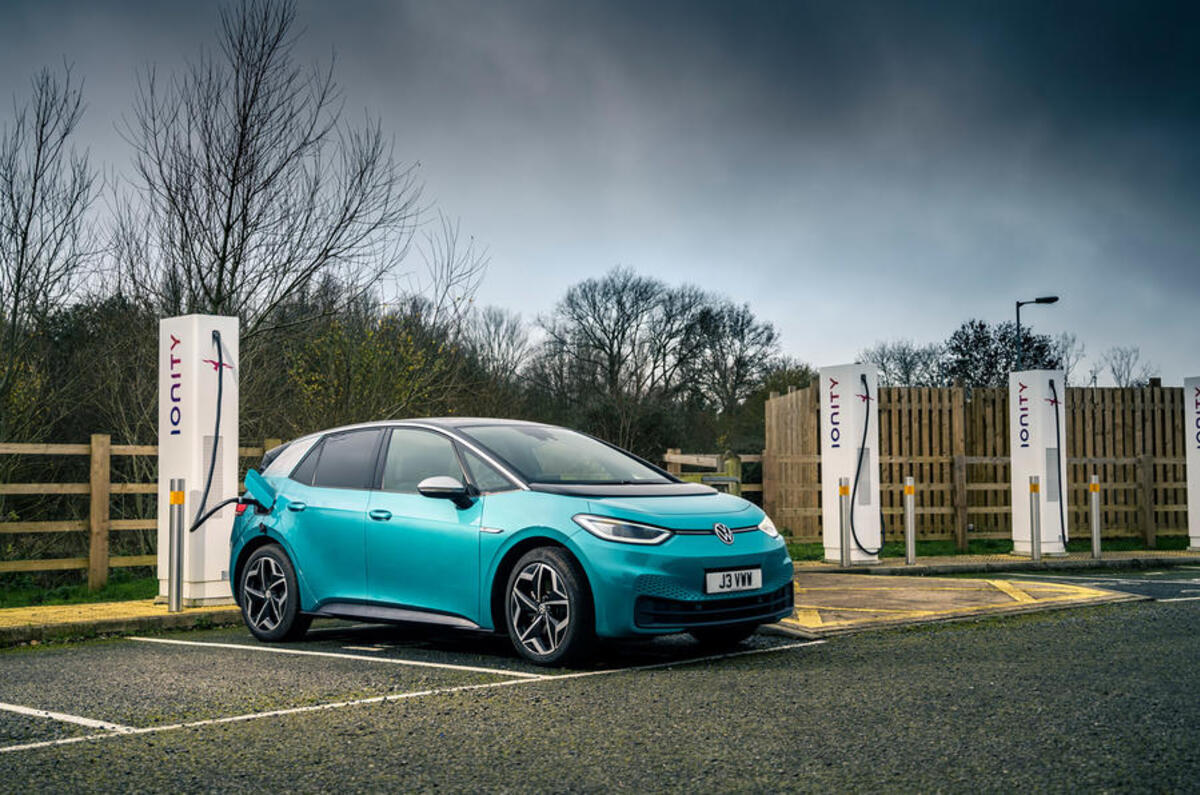
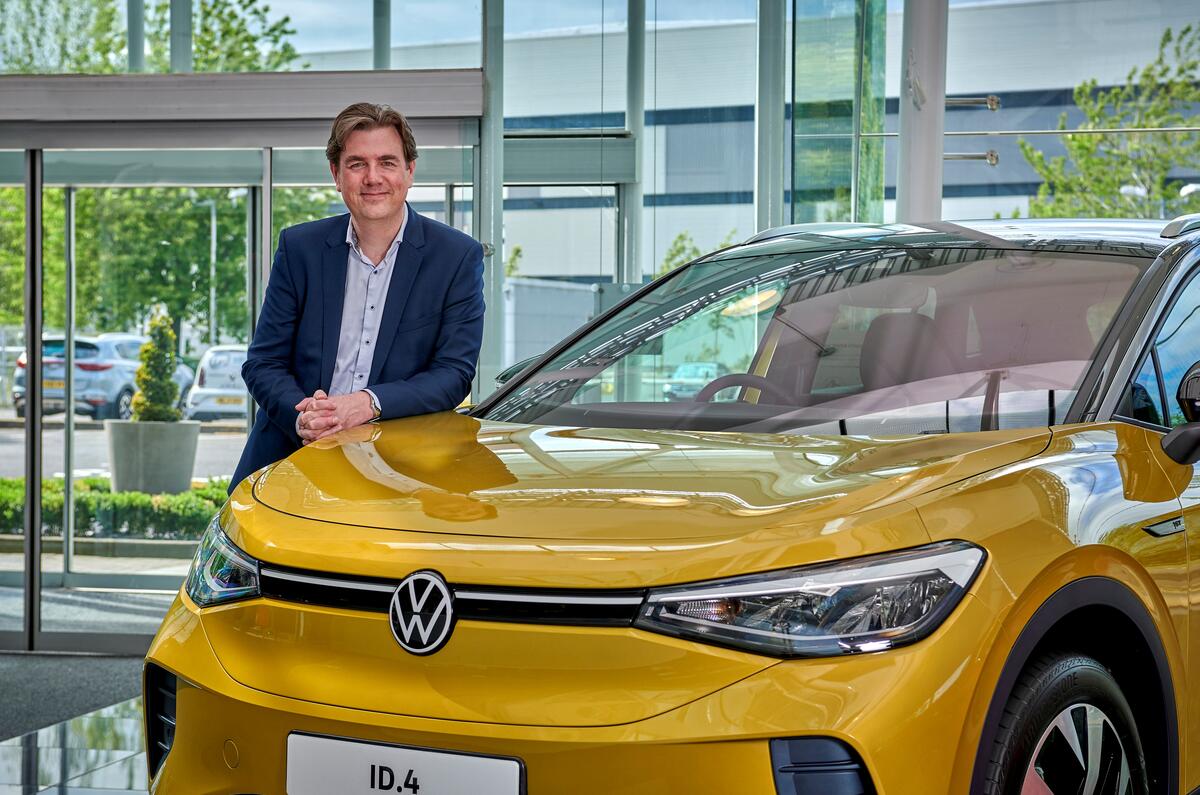
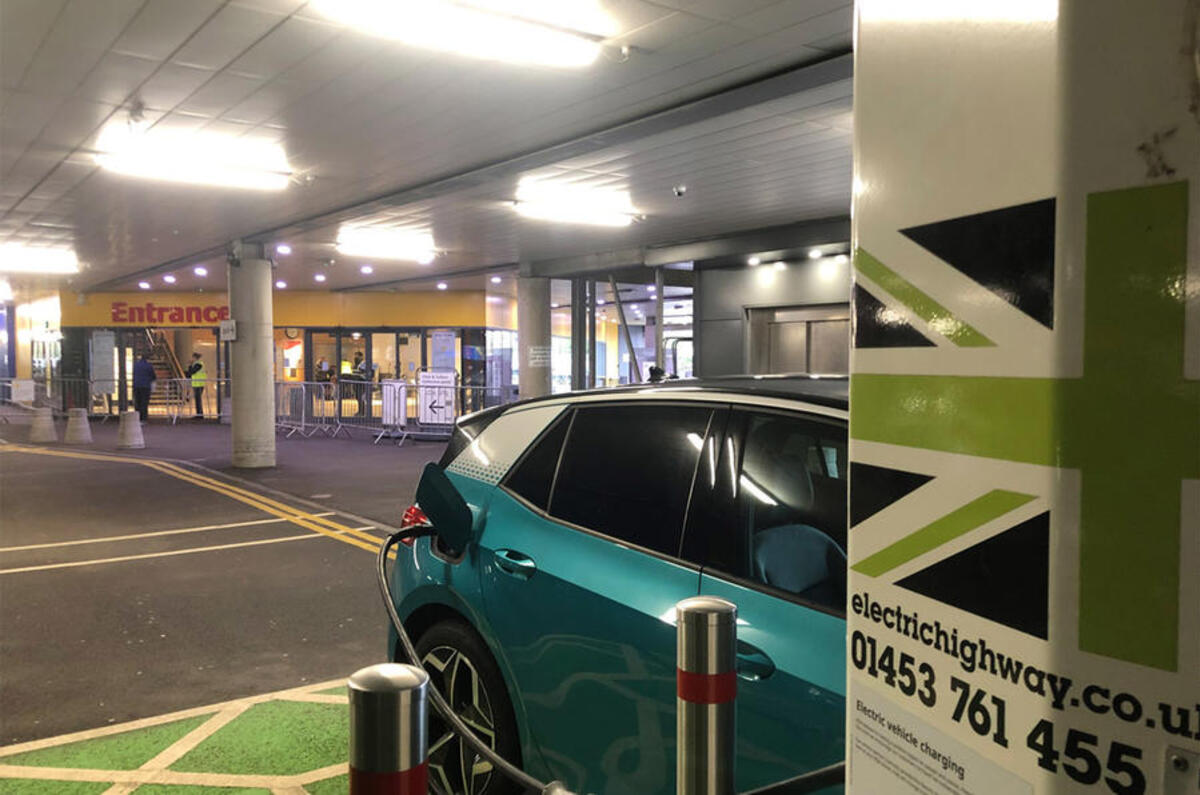
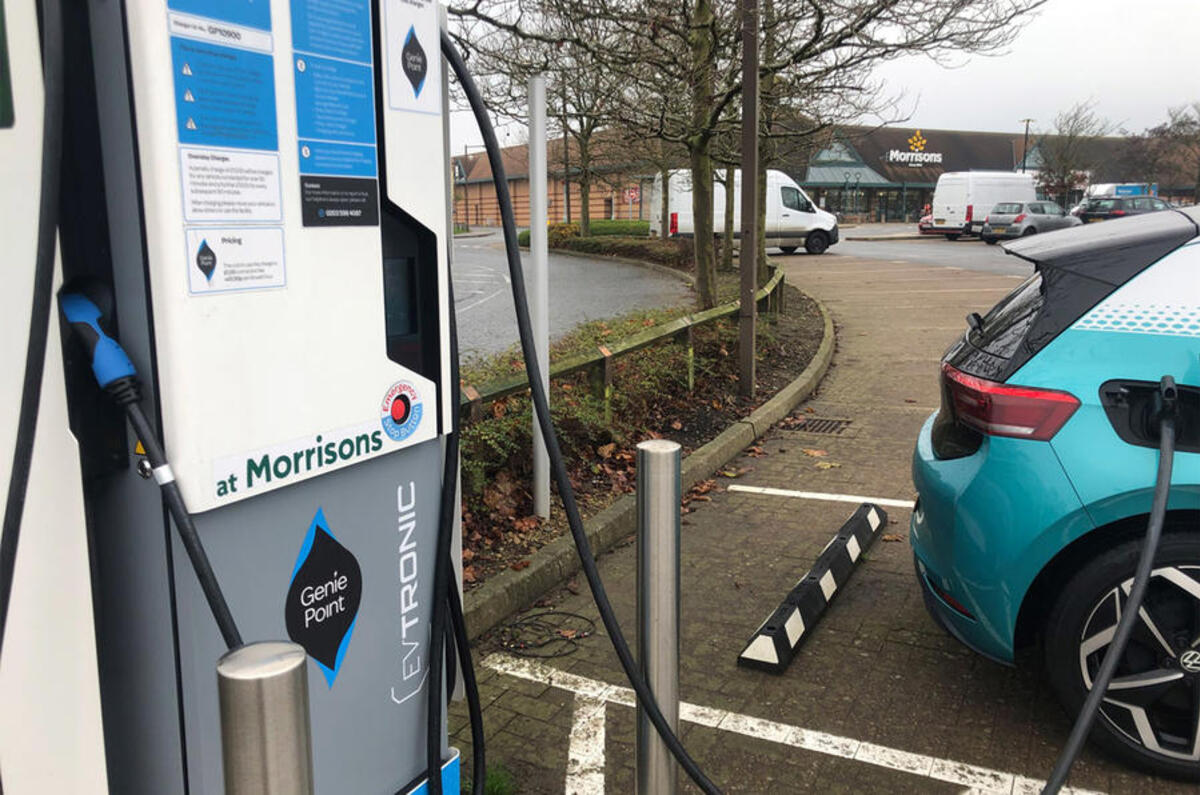
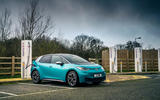
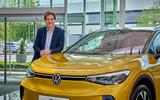
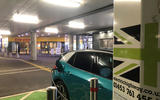
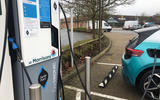


Join the debate
Add your comment
Make 6,000 dollar to 8,000 dollar A Month Online With No Prior Experience Or fbg Skills Required. Be Your Own Boss And Choose Your Own Work Hours.Thanks A lot Here.......... Moneystar1.com
The only surprise here is how much airtime Autocar have given here to the puppet spokesman - just like Paul Willis before him - of one of the industry's biggest bullsh**ers, Volkswagen. How keen we appear to forget the emissions scandal of just 7 years ago. I think it's great that the Tesla Model 3 was the UK's #2 seller last year - as another commentator has said, Tesla put the horse before the cart by focusing on infrastructure, leaving the likes of VWG to scratch around blaming others for the lack of capacity.
It is all very well for Alex Smith to bleat about the inadequacies of the EV charging infrastructure - and he is certainly right - but VW and other manufacturers, with the exception of Tesla, have done precious little to help their customers. I thought the purpose of the Ionity consortium (VW group, Ford, BMW, Mercedes, Hyundai) was to build a strategic network but they still only have a handful of sites and their per KWh charges are prohibitive once you are beyond the manufacturer’s subsidised period. As a BMW i3 driver for 7 years I can attest to how much busier the charging network has become at motorway service areas and on main trunk roads. Ironically this coincided with the introduction of the VW ID.3 which really made longer distance EV driving a more viable option for those whose companies would not offer them a Tesla Model 3. Whilst contactless is generally available I would still like to see a uniform “fuel” card that could be used on all networks as getting receipts can be a bit of a pain. I am not great fan of Tesla’s but if you do a lot of EV driving up and down the country there is no escaping that their Supercharger network is a great USP especially as it is totally integrated into the SatNav system so there really is no need to plan a journey before getting into the car. I’m afraid VW, Audi, BMW and Mercedes Benz are going to have a harsh lesson from their lack of investment in the charging infrastructure as their loyal buyers jettison their A4, 3 Series, C Class etc for Tesla Model 3’s. Do you really worry about panel gaps when the car will be returned after 3 years?